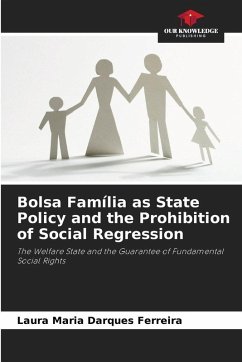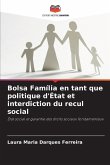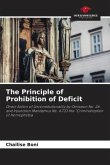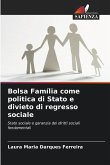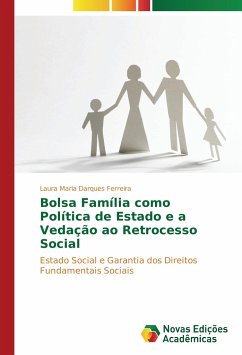This work argues that the Bolsa Família Program should be understood as a state policy, as it is a public welfare policy that is essential to the realization of social rights. As a government policy, it becomes an instrument for directing votes, stigmatizing individuals, and weakening democracy. As a state policy that enforces social rights, it is understood that the Bolsa Família Program is implicitly constitutionalized; or, as constitutionalists affirm, it is part of the so-called material constitution. Social rights acquired constitutional status due to the 1988 Constitution and, because they are of a service nature, they require that the public policies that enforce them also have this constitutional protection.
Bitte wählen Sie Ihr Anliegen aus.
Rechnungen
Retourenschein anfordern
Bestellstatus
Storno

